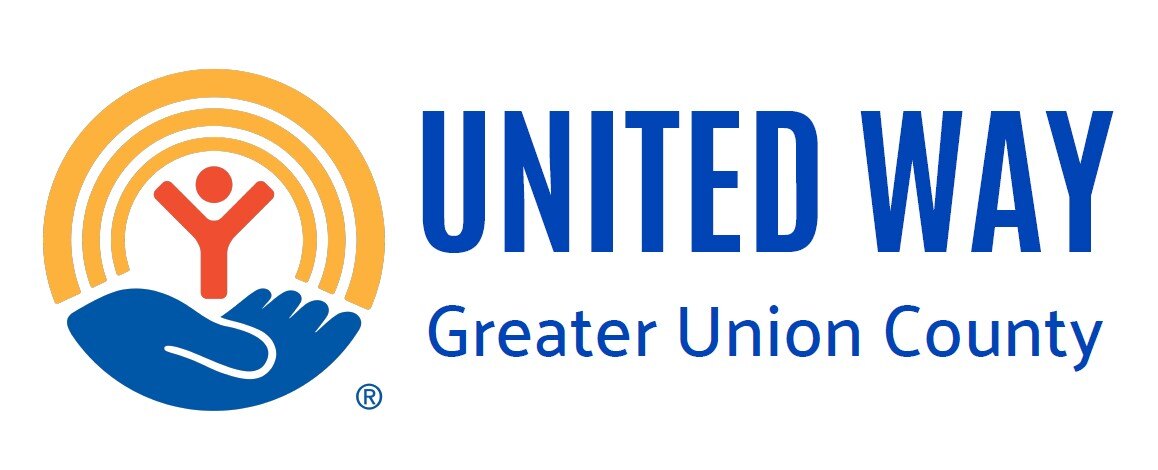
Dr. King’s “Beloved Community” is a road we must continue to forge
On the Pulse ~ V3 I1
By James W. Horne, Jr.
President/CEO, United Way of Greater Union County
January 18, 2017
Fundamental to the concept of being in a “Beloved Community” is its inclusive nature, both economic and social. The notion that all can share in earth’s bounty and its beloved community, would describe a society in which all resources are shared equally. But far too many people do not benefit from a bounty of shared resources in today’s world. Furthnermore, a Beloved Community also describes a society in which all are embraced and no one is discriminated against, but where is that community?
As it turns out, one of our most precious resources of living a healthy life, is determined more by social status, which is the most notable determinant of health and a person’s life span. Life expectancy can be predicted, with some level of accuracy, based upon a wide range of socio economic status levels as it relates to enduring illnesses or dying too young from cardiovascular, pulmonary, psychiatric, and rheumatologic diseases and even some cancers[1].
It’s not only where we find ourselves on the social ladder that matters, it also matters how that ladder is built. Studies show us that in countries with relatively less emphasis on social hierarchies and those that foster more income equality, health outcomes and social well-being are generally quite good. In highly unequal countries, like the United States, health outcome and social well-being suffer. Those who live in poverty, don’t live as long as our peers in other nations that foster equality, nor do our infants or children.
In addition, look around us. We are “heavier” and fatter, and suffer from all the health issues related to obesity. More and more of our teens get pregnant. We haven’t resolved the issues that drive our youth to commit crimes, instead we incarcerate more of our citizens. And our children score worse on math and science tests. We trust one another less, and we allow one another kill more often than resolving relations or inner city poverty. As a nation, we even recycle less than our peer countries across the globe.
For us to ignore the obvious, makes it that much worse. Simply put, inequality of income leads to societal dysfunction, and that’s what we are dealing with. All of us can perceive that we are not all “in the same boat” and that causes people to lose hope, suffering a neverending struggle for survival or even accessing a fighting chance to gain some sense of upward mobility. The results, an unhealthy community.
The King Center, named for our great Dr. Martin Luther King, Jr., addresses one of these key public health challenges of our time by emphasizing a fairer sharing of the social resources that the US has to offer its citizens, and calls for an elimination of poverty and homelessness. The data is clear, social causes determine how long we will live and healthy we will live that life. Our strategies and social policies must advance health-promoting changes in our communities.
Policies that lessen income inequality, like raising the minimum wage and increasing taxes on corporations and the wealthiest among us, are likely to lead to significant population health benefits.
Dr. King devoted his life to creating the Beloved Community. By doing so he showed us the path to a society that maximizes empathy, compassion, love and also leads to health and wellbeing. We can realize Dr. King’s dream, but to get there America will need to deal successfully with unresolved issues of class and race. We need to share the social product more equally and to provide a livable income for all while at the same time removing any and all structures that promote or allow racism or any other form of discrimination to exist.
Many of us observed Dr. Kings birthday with doing our part in community service or volunteering. We may have even donated to a cause that addresses poverty. But let’s stay focused on the true issue and resolving that problem, which is to not allow those that govern us to break down the progress we have made for families to access health care. And we can’t allow those that don’t believe in income equality or a true sharing of resources to benefit from us. Stay focus and stay educated on policies that affect poverty in the US and do your part to make it better.
[1] The Status Syndrome: How Social Standing Affects Our Health and Longevity, By Michael Marmot. 319 pp. New York, Times Books, 2004.
